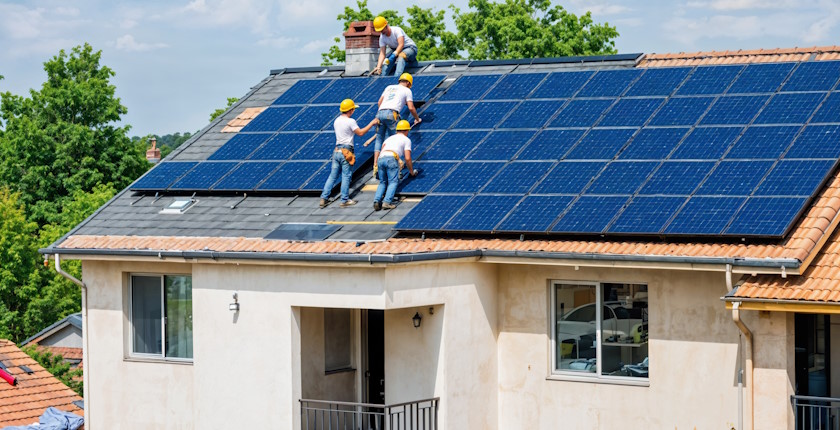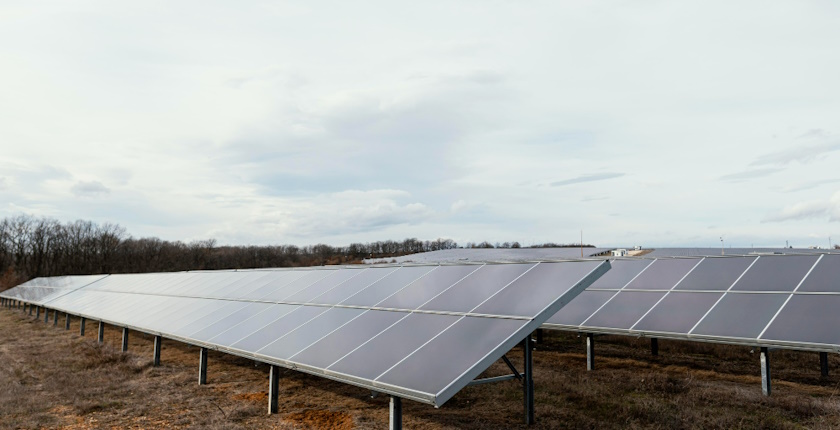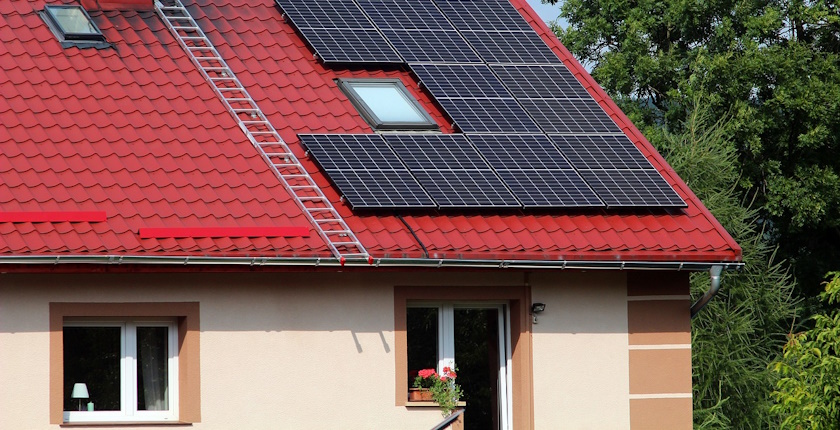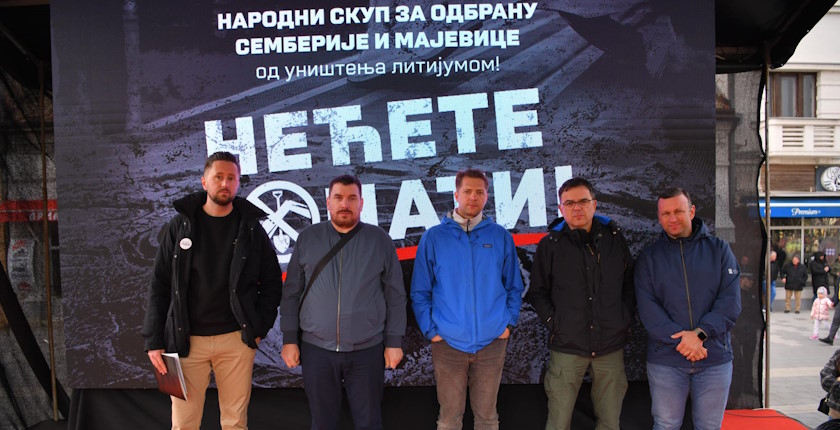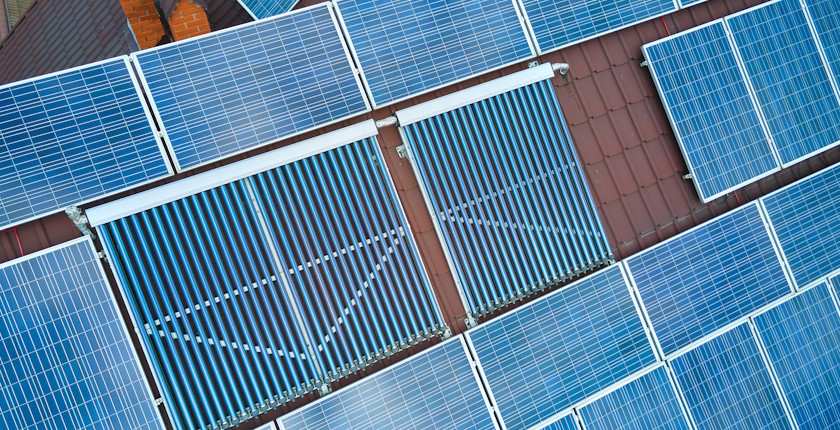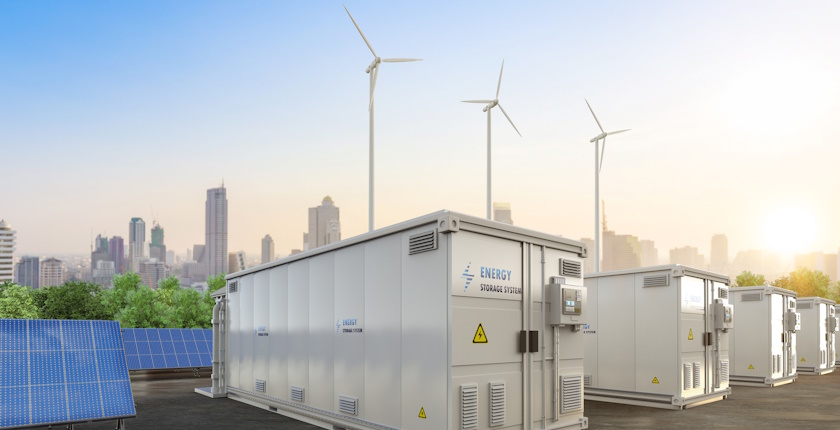Switzerland-based Arcore and Canadian company Rock Tech Lithium are planning to excavate lithium, boron and magnesium ore and process it near Lopare in northeastern Bosnia and Herzegovina. Citizens and activists from the area surrounding the Majevica mountain are opposing the project, together with people from the border area in neighboring Serbia.
Supported by the local authority, citizens from both entities in BiH and environmental activists have gathered in the city of Bijeljina at another protest against the plans to mine lithium as well as rare metals. Among the participants were the inhabitants of border areas in neighboring Serbia, where Rio Tinto is developing a controversial project for mining and processing jadarite, a unique lithium mineral. Based on the results of its exploration, Swiss firm Arcore submitted a request to the Government of the Republic of Srpska in February for a concession for a mine on the Majevica mountain.
Around the same time, it also agreed with Canadian company Rock Tech Lithium to establish a joint venture that would include the location in northeastern BiH.
Investors want to produce lithium sulfate on site
According to the partners, they plan to start delivering in 2030 the lithium sulfate produced on site to Rock Tech Lithium’s future converter in Guben, Germany. The facility would process the raw material to get battery-grade lithium hydroxide.
The lithium, boron and magnesium deposit is in Lopare municipality, they added. The investment in Brandenburg was in the final financing phase when the agreement was signed, the two companies have revealed. They estimated that 600,000 tons of lithium carbonate equivalent can be obtained from the proposed mine.
The next step is to complete the prefeasibility study. Rock Tech Lithium holds 75% of the JV. Arcore claims that the location contains at least two million tons of lithium carbonate and that it can be exploited for 65 years.
In addition, President of the Republic of Srpska Milorad Dodik said in early March that the entity and Hungary are preparing an agreement on mining rare metals.
Bijeljina, Lopare and Majevica are all in the Republic of Srpska. The country’s other entity is called the Federation of Bosnia and Herzegovina, where activists in the nearby city of Tuzla and municipalities like Čelić are warning of the potential environmental impact of lithium mining and other shady projects.
Environmentalists demand Majevica to be protected as nature park
Environmentalist groups earlier requested from the Republic of Srpska to impose a moratorium on geological exploration and mining on the mountain.
Environmentalist associations submitted a petition with over 6,000 signatures for a moratorium on geological exploration and mining in Majevica
“This gathering was envisaged to have a regional character as today the citizens of several cities and municipalities have come together. Entire northeastern BiH is in the scope, as Majevica is our joint mountain. We all share the same water, same air and we live on the same land. We organized a civic initiative and we collected more than six thousand signatures and demanded for Majevica to become a nature park,” said Snežana Jagodić Vujić from the Eko put association based in Bijeljina.
In her opinion, the rich part of the world is building for its clean energy while destroying the environment and people in the poorer part of the world.
Semberija plain and Sava basin area are under threat as well
Head of the Municipality of Lopare Rado Savić said opening a mine in Majevica would jeopardize Lopare as well as Semberija, Posavina – areas around the river Sava, all wildlife downstream from its tributary Gnjica, and the Janja, which flows into the Drina river. “Unless there are other development projects, we don’t need mining either,” he added.
Machines shall not pass through any village, Adi Selman from Tuzla-based activist group Karton revolucija told the crowd. “We promise tonight that, if it is necessary, we will be chasing them away with our pickaxes and hoes and that, even if we are left all alone in this world, we will never give up on the fight to save our Majevica, Semberija and Posavina”, he stressed.
There is no rich mining town in the world and no lithium mine near a populated place or in a nature park, Bijeljina Mayor Ljubiša Petrović claims. “We won’t allow a handful of strongmen to destroy, for other people’s interests and profits, what was created for generations – our water, land and life,” he stated.
Post Views:75
